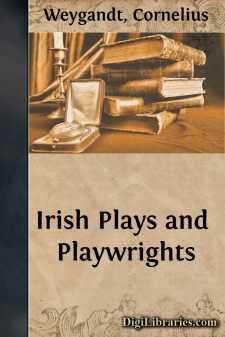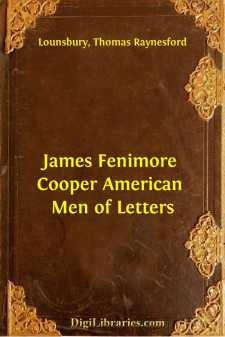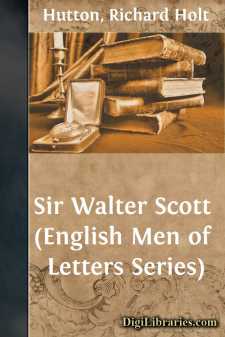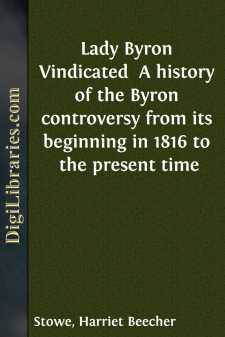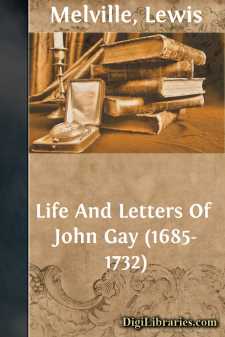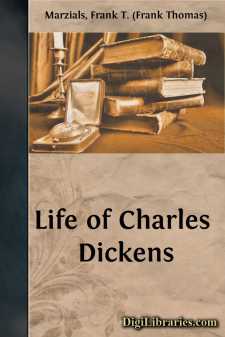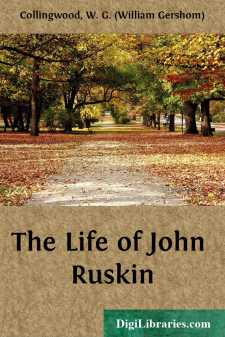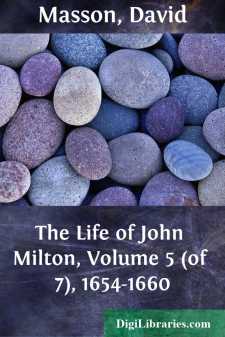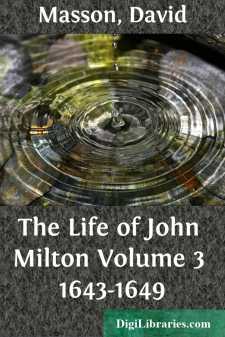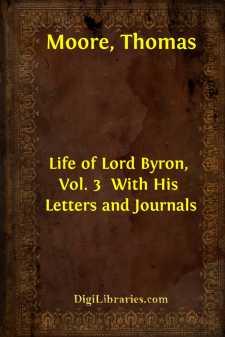Biography & Autobiography
- Adventurers & Explorers 15
- Artists, Architects, Photographers 16
- Business 2
- Composers & Musicians 14
- Criminals & Outlaws 5
- Editors, Journalists, Publishers 6
- Educators 1
- Entertainment & Performing Arts 3
- General 73
- Health, Exercise & Fitness 1
- Historians 3
- Historical 83
- Law Enforcement 1
- Lawyers & Judges 3
- Literary
- Medical 7
- Military 48
- Naturalists, Gardeners, Environmentalists 8
- Personal Memoirs & Diaries 226
- Philosophers 3
- Political 9
- Presidents & Heads of State 38
- Religious 38
- Rich & Famous 27
- Scientists 13
- Women 31
Literary Books
Sort by:
Chapter I To the general reader the Celtic Renaissance was a surprise, and even to Irish writers deeply interested in their country the phenomenon or movement, call it which you will, was not appreciated as of much significance at its beginning. Writing in 1892, Miss Jane Barlow was not hopeful for the immediate future of English literature in Ireland;—it seemed to her "difficult to point out any...
more...
Chapter I. 1789-1820. In one of the interior counties of New York, less than one hundred and fifty miles in a direct line from the commercial capital of the Union, lies the village of Cooperstown. The place is not and probably never will be an important one; but in its situation and surroundings nature has given it much that wealth cannot furnish or art create. It stands on the southeastern shore of...
more...
CHAPTER I. ANCESTRY, PARENTAGE, AND CHILDHOOD. Sir Walter Scott was the first literary man of a great riding, sporting, and fighting clan. Indeed, his father—a Writer to the Signet, or Edinburgh solicitor—was the first of his race to adopt a town life and a sedentary profession. Sir Walter was the lineal descendant—six generations removed—of that Walter Scott commemorated in The Lay of the Last...
more...
PART I. CHAPTER I. INTRODUCTION. The interval since my publication of ‘The True Story of Lady Byron’s Life’ has been one of stormy discussion and of much invective. I have not thought it necessary to disturb my spirit and confuse my sense of right by even an attempt at reading the many abusive articles that both here and in England have followed that disclosure. Friends have undertaken the...
more...
by:
Lewis Melville
CHAPTER I 1685-1706EARLY YEARS The Gays were an old family, who settled in Devonshire when Gilbert le Gay, through his marriage with the daughter and heiress of Curtoyse, came into possession of the manor of Goldsworthy, in Parkham. This they held until 1630, when it passed out of their hands to the Coffins. Subsequently they were associated with the parish of Frittelstock, near Great Torrington. In...
more...
CHAPTER I. Education is a kind of lottery in which there are good and evil chances, and some men draw blanks and other men draw prizes. And in saying this I do not use the word education in any restricted sense, as applying exclusively to the course of study in school or college; nor certainly, when I speak of prizes, am I thinking of scholarships, exhibitions, fellowships. By education I mean the...
more...
CHAPTER I If origin, if early training and habits of life, if tastes, and character, and associations, fix a man's nationality, then John Ruskin must be reckoned a Scotsman. He was born in London, but his family was from Scotland. He was brought up in England, but the friends and teachers, the standards and influences of his early life, were chiefly Scottish. The writers who directed him into the...
more...
by:
David Masson
CHAPTER I. OLIVER'S FIRST PROTECTORATE CONTINUED: SEPT. 3, 1654-JUNE 26, 1657. Oliver's First Protectorate extended over three years and six months in all, or from December 16, 1653 to June 26, 1657. The first nine months of it, as far as to September 1654, have been already sketched; and what remains divides itself very distinctly into three Sections, as follows:— Section I:—From Sept....
more...
by:
David Masson
CHAPTER I THE WESTMINSTER ASSEMBLY IN SESSION—THE SOLEMN LEAGUE AND COVENANT: SCOTTISH COMMISSIONERS IN THE ASSEMBLY—DEBATES ON CHURCH-GOVERNMENT: APOLOGETICAL NARRATION OF THE INDEPENDENTS—PARLIAMENTARY PROCEEDINGS—SCOTTISH AUXILIARY ARMY IN ENGLAND. The Westminster Assembly held its first formal meeting in Henry the Seventh's Chapel on Saturday, July 1, 1643, after the impressive opening...
more...
by:
Thomas Moore
JOURNAL, 1814. "February 18. "Better than a month since I last journalised:—most of it out of London and at Notts., but a busy one and a pleasant, at least three weeks of it. On my return, I find all the newspapers in hysterics, and town in an uproar, on the avowal and republication of two stanzas on Princess Charlotte's weeping at Regency's speech to Lauderdale in 1812. They are...
more...


